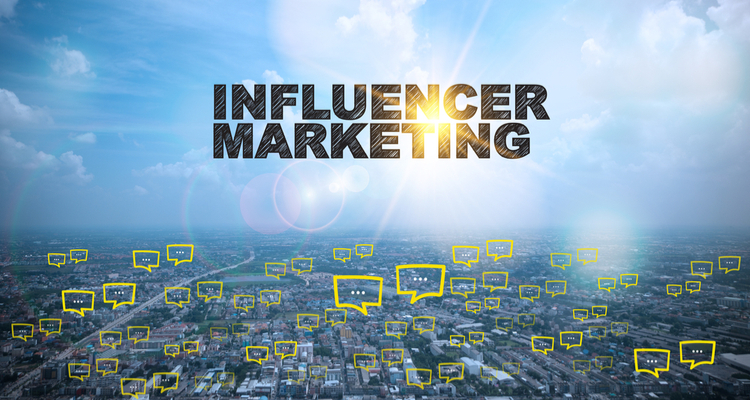
Photo Credit: shutterstock
With a growing number of social media influencers promoting everything from beauty products to fad diets, this was perhaps inevitable: the U.S. FDA announced that it was stepping up its oversight of celebrities and social media influencers making endorsements for prescription drugs. For now, the FDA will be coordinating its efforts out of its Office of Prescription Drug Promotion (OPDP), with two new studies designed to examine how influencers make endorsements for prescription drugs, and whether or not these endorsements carry the same weight as endorsements made by actual patients or physicians.
The Kim Kardashian factor
The one social media influencer who has arguably had the most impact on how Big Pharma promotes its products is (who else?) Kim Kardashian. She pioneered the whole concept of “influencer for hire,” and made it a profitable business to promote products and services in exchange for cash. As a result, you never really know if she is promoting a product because she actually likes it and uses it, or just because there’s a financial payoff for doing so.
Most recently, Kim Kardashian has gotten into trouble for promoting far more than just routine beauty, travel or fashion products. For example, in 2018 she infamously promoted a morning sickness drug via an Instagram post. Not only did Kardashian not disclose the transfer of cash that went on behind the scenes for that post, but also she did not disclose the potential side effects of using that drug, or fully disclose all the risks involved.
Now imagine if social media influencers were suddenly promoting quick weight loss diets, cancer cures, and completely untested treatments for every possible malady under the sun. Your social media feeds would turn into the equivalent of trashy (and highly unregulated) late night infomercials for the pharmaceutical industry. At least now when you encounter these types of ads on cable TV, the 30-second spot will run through all the potential side effects, specifically tell you that this medication “might not be right for you,” and disclose in very small fonts that “these are actors, not actual patients.” Buyer beware.
New FDA studies
With the end consumer in mind, the FDA will launch two new studies that will look into influencer endorsements. The first study will simply examine three major types of drug endorsements – celebrity/influencer endorsements, physician endorsements and patient endorsements – to see which types of claims are being made, and (most importantly) how clear the payment disclosure is if someone is being paid to promote a product. The second FDA study will compare patient and influencer endorsements, to see which ones have the most impact on consumer recall in addition to perceptions of benefits and risks of using a certain drug.
In a previous study, for example, the FDA found that celebrity and influencer endorsements for prescription drugs did not have a significant impact on purchase intention. In other words, just because a beautiful young millennial with 100,000 followers on Instagram was promoting a new acne treatment didn’t mean that people were lining up to buy that treatment. When it comes to their health, people (thankfully) still place more trust in physicians and patients than they do in Instagram micro-celebrities.
A new approach to regulation
It’s important to note here that the FDA is not officially cracking down on influencers, or on the shady business of promotion-for-hire. But it is taking an indirect route to figuring out how influencers impact the market, and whether there need to be new safeguards put into place to protect consumers. Presumably, young impressionable teens are most at risk to falling prey to unscrupulous social media influencers, so it’s here that the FDA might have the greatest impact. When it comes to prescription drugs and medical treatments, social media influencers need to be held to the highest possible standard.